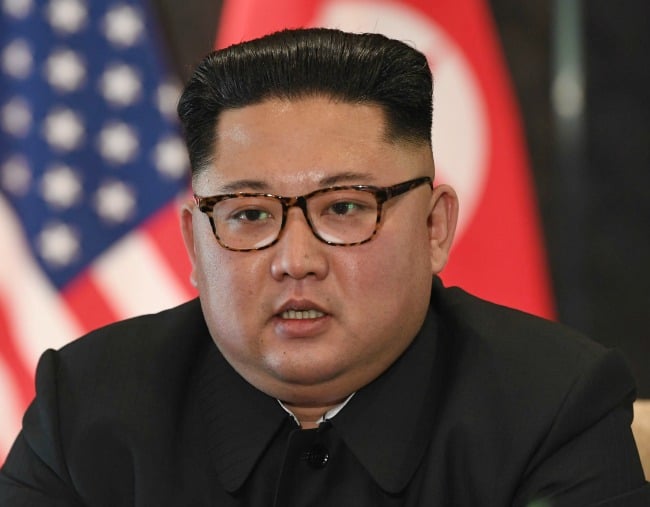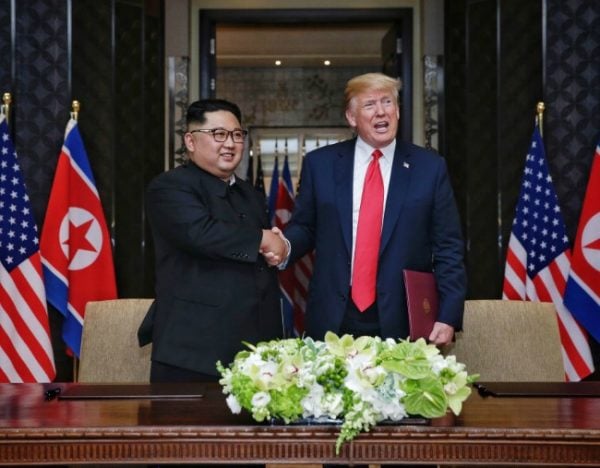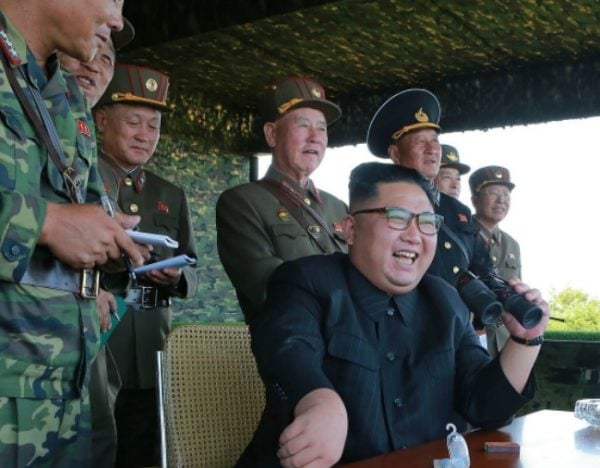
Even if you’ve just skimmed some headlines or scrolled your feeds, you’d be aware that a major political event occurred this week. In a historic step for international diplomacy, North Korea’s Kim Jong-un and US President Donald Trump signed a summit agreement in Singapore.
But as the leaders shook hands, as Trump showed off his armoured vehicle to his “honourable” counterpart and crowed to global media about getting the closed off country to the negotiating table, one thing was ignored:
The enigmatic man waving at the cameras, smiling for selfies with Singaporean officials, is among the world’s most deadly despots.
While “new relations” between the two countries were signed off, along with a commitment to “work toward” the denuclearisation of North Korea, it seems Trump chose not to raise the country’s atrocious human rights record. (One step at a time, it seems…)






























































































